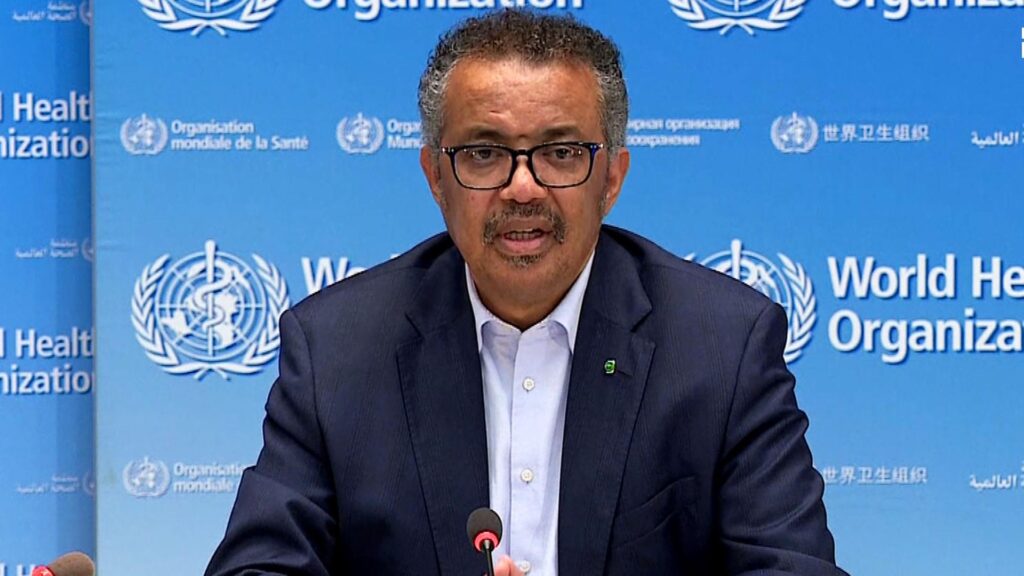The Omicron corona virus variant is more transmissible than the Delta strain and reduces vaccine efficacy but causes less severe symptoms according to early data, the World Health Organization has said. South Africa’s discovery of Omicron — which has a large number of mutations — last month prompted countries around the world to impose travel bans on southern African countries and reintroduce domestic restrictions to slow its spread. The new variant is reported to have been spread to as many as sixty three countries ever since it was found. Two weeks after the South African medical authorities alerted the world about the Omicron variant of SARSCOV2, there’s no clarity about the magnitude of the threat posed by the latest mutation to the pathogen. While early reports indicate that the variant causes mild infections, there are understandable fears about its capacity to transm and potential to evade vaccines. Travel restrictions have not stopped Omicron from dispersing in more than 50 countries. At different points in the past
two weeks, WHO officials have given statements that make joining the dots difficult. For instance, they have said that Omicron could “change the course of the pandemic”, and it could lead to vaccine hoarding. And, then revised their initial surmise about the ability to transmit to others. of the variant by saying that the “exact impact of Omicron is still difficult” to ascertain. Much of these discrepancies are, of course, because the science on Omicron is an evolving one and the global health body is right in underlining a safety-first approach, especially when it’s about adopting the well-known Covid protocols, including masking and observing physical distance. However, the experience of the past two years shows that unequivocal messaging is amongst the key essentials of managing the social and economic fallouts
of the pandemic.
In a nut shell, the message of caution should be delivered while taking care to do nothing that might sound alarmist. It may not always be possible to avoid discrepancies in statements. But a careful explanation of the changed circumstances – the evolution of the state of knowledge,for instance – would do much to reassure people in a pandemic-weary world. Since the SARS outbreak in the early years of this century, it has been evident that the world requires an efficient alert system when confronted with microbes that do not respect national boundaries. The WHO is the only agency equipped to take up this challenge. It must improve its ways of messaging.











More Stories
Low vision clinic inaugurated at AIIMS Bhubaneswar
Urban education programme comes in handy for Odisha’s tribal, dalit kids
Now country ‘aatank’ struggling for ‘aata’: PM